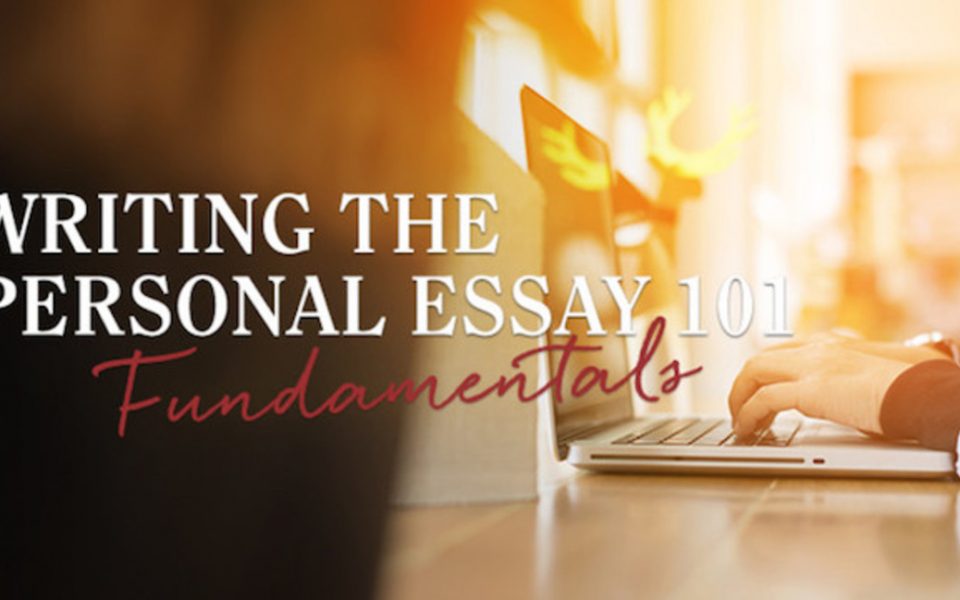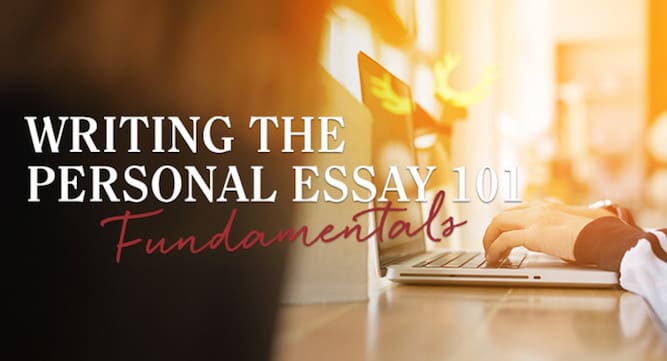Brevity: Market Spotlight
Brevity: A Journal of Concise Literary Nonfiction publishes excellent flash nonfiction. That means, Brevity publishes nonfiction essays of 750 words or fewer. And Brevity has been doing so for more than 20 years. The current editor-in-chief is Dinty W. Moore.
(Lee Gutkind: The Godfather Behind Creative Nonfiction.)
The editors say, “Though still committed to the mission of publishing new writers, Brevity has been fortunate over the years to include the work of three Pulitzer prize finalists, numerous NEA fellows, Pushcart winners, Best American authors, and writers from India, Egypt, Ireland, Spain, Malaysia, and Japan. … Work from Brevity has been anthologized and reprinted in venues including Creative Nonfiction, Fourth Genre, Utne Reader, the Short Takes anthology, the Best Creative Nonfiction anthology, and many recent writing textbooks.”
The magazine pays a $45 honorarium for featured essays, as well as for craft essays.
What They’re Looking For
Brevity is looking for nonfiction essays of up to 750 words. They also will consider nonfiction craft essays of up to 1,200 words.
The editors say, “We seldom publish previously published work, but we aren’t ruling it out. Please let us know if your essay has appeared previously, and where it has appeared. Simultaneous submissions are fine, but please alert us—by withdrawing your submission—as soon as possible if your essay has been taken by another venue. Multiple submissions are fine, but please break them up into separate submissions. We attempt to respond to all submissions within 45 to 60 days.”
Writers can read the current and past issues online at the Brevity site to get a sense of what work they’ve accepted in the past.
How to Submit
Potential writers can submit their manuscripts via their Submittable account.
Click here to learn more and submit.
*****
This course guides beginning and intermediate writers through elements of how to write a personal essay, helping them identify values expressed in their stories and bring readers into the experiences described. Writers learn how to avoid the dreaded responses of “so what?” and “I guess you had to be there” by utilizing sensory details, learning to trust their writing intuitions, and developing a skilled internal editor to help with revision.


